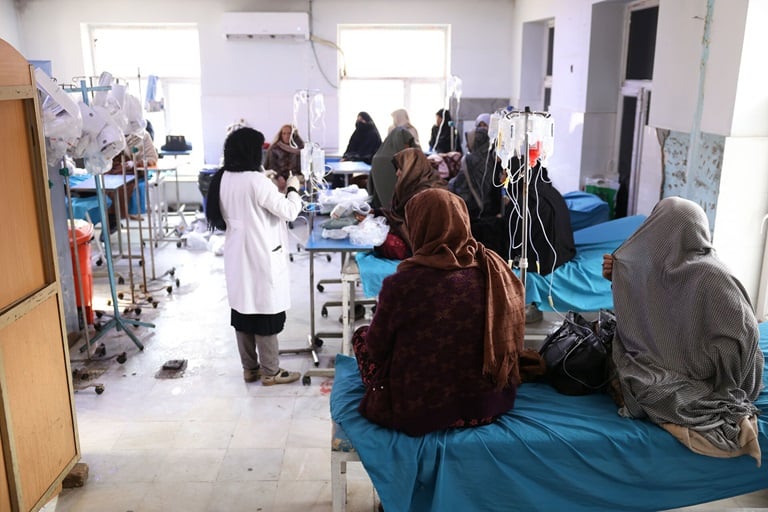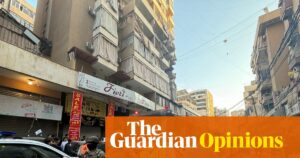
The World Health Organization (WHO) has unveiled a comprehensive landscape analysis that highlights significant gaps in global research and development (R&D) efforts concerning cancer. Released recently, the report underscores a troubling misalignment between investment and innovation in clinical research and the most pressing public health needs, particularly affecting the world’s most vulnerable populations.
According to the report, cancer clinical trials are predominantly concentrated in high-income countries, leaving 63 countries without any registered trials. This disparity is particularly concerning for cancers that result in the highest mortality rates in low- and middle-income countries, such as liver, cervical, and stomach cancers, which remain among the least studied. Furthermore, the research focus is heavily skewed towards novel drug development, with less attention given to essential areas like surgery, radiotherapy, diagnostics, and palliative care.
Global Disparities in Cancer Research
The WHO’s findings, published in the prestigious journal Nature Medicine, are accompanied by a WHO snapshot designed for governments and funders, as well as an open-access interactive dashboard cataloging over 120,000 cancer clinical trials worldwide. These resources aim to provide stakeholders with a comprehensive analysis of the current state of global cancer research, offering guidance on how to better direct policies and research funding.
This initiative is a collaborative effort led by the WHO’s Departments on Noncommunicable Diseases and Mental Health and Science for Health. The analyses are based on data from the WHO Global Observatory on Health R&D and are part of a broader initiative that includes landscape analyses on global childhood cancer R&D, monoclonal antibodies, and neglected tropical diseases in children.
Calls for Action and Realignment
The WHO is urging funders, product developers, and clinical trial investigators to leverage these findings to more effectively target cancer R&D investments. The organization emphasizes the need to align research priorities with interventions that maximize health outcomes and address the comprehensive needs of individuals affected by cancer, ensuring equitable access to innovation for all populations.
Dr. Soumya Swaminathan, WHO’s Chief Scientist, stated,
“The current landscape of cancer research is skewed towards high-income countries and novel drug development. We must shift our focus to include essential areas like diagnostics and palliative care, which are crucial for comprehensive cancer management.”
Historical Context and Future Implications
The disparities in cancer research are not a new phenomenon. Historically, high-income countries have dominated the landscape of clinical trials due to better infrastructure and funding capabilities. However, this trend has led to a significant gap in the availability of research and treatment options in regions that need them the most. The WHO’s report serves as a clarion call to address these inequities.
The implications of the WHO’s findings are profound. By redirecting research efforts and funding towards underrepresented areas and regions, there is potential to significantly improve cancer outcomes globally. This realignment could lead to breakthroughs in treatment options for cancers that are currently neglected and provide a more equitable distribution of healthcare resources.
Looking ahead, the WHO’s call to action represents an opportunity for the global health community to reassess and realign its priorities. By focusing on comprehensive cancer care and ensuring that innovations reach all corners of the globe, stakeholders can work towards a future where cancer research and treatment are accessible to everyone, regardless of geographic or economic barriers.
As the global health community digests the implications of the WHO’s report, the hope is that it will serve as a catalyst for change, inspiring a more inclusive and equitable approach to cancer research and development.






